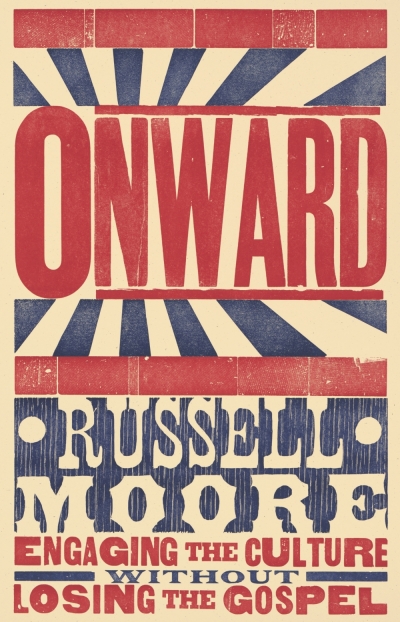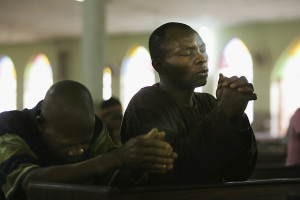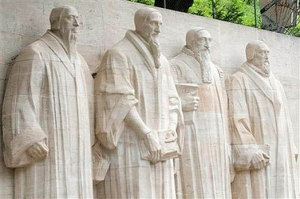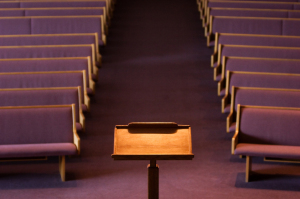Russell Moore: The Next Billy Graham Might Be Drunk Right Now (CP Interview 2/2)

Christians should never stop doing evangelism or forget about the transformative power of the Holy Spirit as they engage the culture; those who oppose the Church today could be its leaders tomorrow, Russell Moore wrote in his new book, Onward: Engaging the Culture Without Losing the Gospel.
In part one of his July 1 phone interview with The Christian Post, Moore, president of the Southern Baptist Convention's Ethics & Religious Liberty Commission, pointed out that the Church can thrive, as it always has, in a culture that identifies it as "not normal."
In this part two of the interview, Moore explains why, whenever he feels himself growing discouraged about the future, he reminds himself, "the next Billy Graham might be drunk right now."
Remembering that opponents are themselves like Christians — sinners for whom Christ died — changes the way you see them, he said. Additionally, those opponents may not only be brothers and sisters in Christ tomorrow, they may become church leaders.
"The next Jonathan Edwards might be the man driving in front of you with the Darwin Fish bumper decal. The next Charles Wesley might be a profanity-spewing hip-hop artist right now. The next Charles Spurgeon might be managing an abortion clinic right now. The next Mother Theresa might be a heroin-addicted porn star right now. The next Augustine of Hippo might be a sexually promiscuous cult member right now, just like, come to think of it, the first Augustine of Hippo was," Moore wrote in Chapter 11, "A Gospel Counter-Revolution."
Here is the lightly edited transcript of part two of that interview:
CP: In Chapter 11 you criticize both those who are calling for disengagement with the culture and those trying to protect a "Culture War Industrial Complex." In Chapter one you say Christians are called to "engaged alienation." What would you like to see from Christians today in how they engage the culture?
Onward will be released on Aug. 1 and can be pre-ordered now.
Moore: I'd like to see us start with a theologically robust understanding of who we are. I think that is necessary.
There is a tendency, especially at the level of organizing and action, to unite with anyone who shares the same values, even if those persons are so-called "Christian heretics" who are dangerous to the witness of the Church and the souls of people.
We have to have a theologically informed understanding of who we are, and that means we engage but we engage with the priority of the Gospel at the beginning of our engagement and at the end; so we avoid either the utopianism of thinking that we can fix the ills around us with a series of presidential elections, but also we avoid the defeatism that says, "everything is going to hell, let's just retreat to our enclaves."
The Apostle Peter shows us the model for that. He talks about distinctiveness, we are strangers and exiles, and yet he also talks about engagement. You are speaking a Word to those who are gentiles and demonstrating what it means to be once not a people and now the people of God. We have to keep both of those poles together as we engage.
CP: Just to clarify, you're not saying, as part of political action, not to unite with diverse coalitions, right?
Moore: No, but what I'm saying is, when we do unite with diverse coalitions, we're making sure that we identify what is Gospel Christianity and what is not.
I have no objections at all [with being part of a diverse coalition], and I frequently work with Jewish groups and Muslim groups and other groups on various issues. But when we have people who are false teachers within the Church and we grant them the mantle of Christianity, that's when we have a problem. We're actually jeopardizing people's souls at that point.
So I think the Apostle Paul is the model. The Apostle Paul is willing to work with and reason with Felix, with Agrippa, as he is appealing to Caesar's court, but takes a very tough tone with those who come within the body of the Church teaching heretical doctrines that destroy.





























